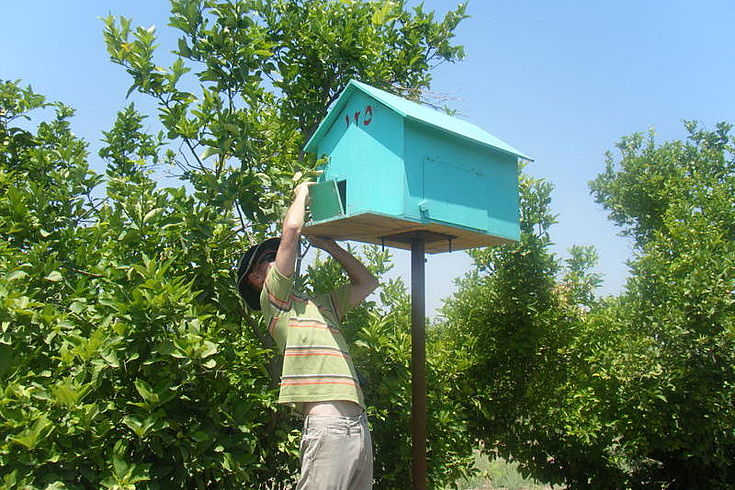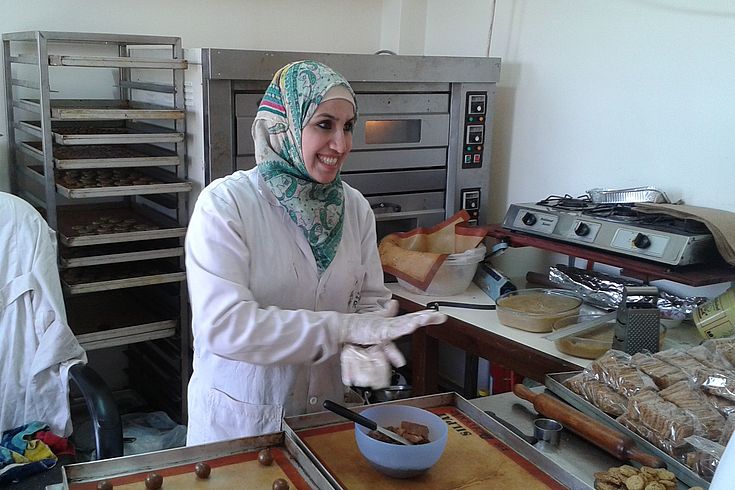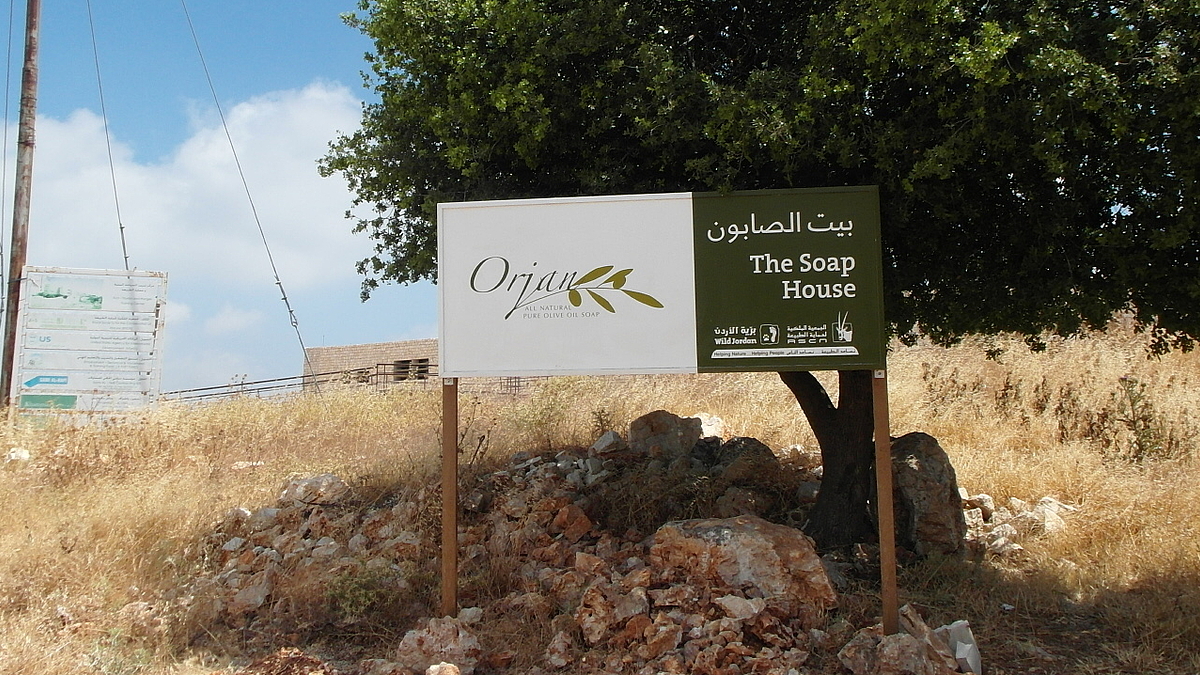EU Projects
EU-Project "Raptor pest control - to improve cooperation, long-term dialogue and experience exchange in the Jordan Valley"

Nesting boxes
hss; hss
The Hanns Seidel Stiftung Offices Amman in cooperation with the Amman Center for Peace and Development (ACPD) and the Hanns Seidel Stiftung Office Jerusalem in cooperation the Society for the Protection of Nature in Israel (SPNI) and the Palestine Wildlife Society (PWLS), has been commissioned by the European Commission (EC) to implement the project of “Raptor Pest Control” in the Jordan Valley within a timeframe from 2009 till 2012.
EU-Project "Raptor pest control - to improve cooperation, long-term dialogue and experience exchange in the Jordan Valley"
The project aimed to improve cooperation, long-term dialogue and experience exchange between Arabs and Israelis in the Jordan Valley as a means to strengthen civil society action in peace building and conflict transformation. More specifically, the project’s key objective were to increase the adoption of biological pest control as a sustainable resource management model by farmers in the Jordan Valley through expanding regional cooperation between Jordan, Israel and the Palestinian Authority of the West Bank and Gaza in support of the Middle East Peace Process.
During the course of the project a national farmers network could be successfully established and the amount of nesting boxes for barn owls and kestrels in the Jordan Valley was significantly increased. Through implementing educational and awareness workshops, practical field demonstrations, exchange visits and a regional conference the awareness for Biological Pest Control could be increased and the cooperation between all participating countries could be strengthened. Furthermore, with the help of extern consultant’s different researches in the legal field were conducted. Here the focus was on policies and regulations on the use of pesticides in each country as well as on marketing, consumption and market potential for non-pesticide products. In this context several national food fairs were organized to promote the products of the participating farmers.
EU Project "Creating a replicable model of sustainable resource management in the Ajloun Forest Region as a means of contributing to poverty reduction and generating public support for the protection of forest biodiversity in the Hashemite Kingdom of Jordan"

The Biscuit House
hss; hss
The Hanns Seidel Stiftung in Amman in cooperation with the Royal Society for the Conservation of Nature (RSCN) has been commissioned by the European Commission (EC) to implement the project of "Creating a replicable model of sustainable resource management in the Ajloun Forest Region as a means of contributing to poverty reduction and generating public support for the protection of forest biodiversity in the conflict affected Hashemite Kingdom of Jordan" within the period 2006-2010.
EU Project "Creating a replicable model of sustainable resource management in the Ajloun Forest Region as a means of contributing to poverty reduction"
The project aimed to strengthen the management capacities of concerned local development structures on the basis of the development plan of the Jordanian Government by stimulating nature-related businesses as alternative livelihoods for target rural communities, based on small- scale, high value products that use the tourist potential of the Ajloun Forest Protected Area as a catalyst and by mainstreaming the project’s replicable model of sustainable resource management into the wider tourism and development strategy for the Ajloun governorate being developed by the Jordanian Government.
Beside a Bed & Breakfast and Biscuits House a Calligraphy House opened its doors in 2009 for tourists and customers to have the opportunity to have their names and favourite phases written in Arabic on paper, cloth or silk.
A few metres down the road from the Calligraphy House the Ajloun Soap House is situated. Ranging from antioxdant-rich pomegranate soaps to mint soaps the house also sells jarred green olives and other proucts manufactured by women in Orjan.
Because of the projects achievements job opportunities for the residents of Ajloun, a poverty-sticken governorate, have been generated for example in delivering ingredients like oil and herbs for the soap production as well as for guardians and drivers.

